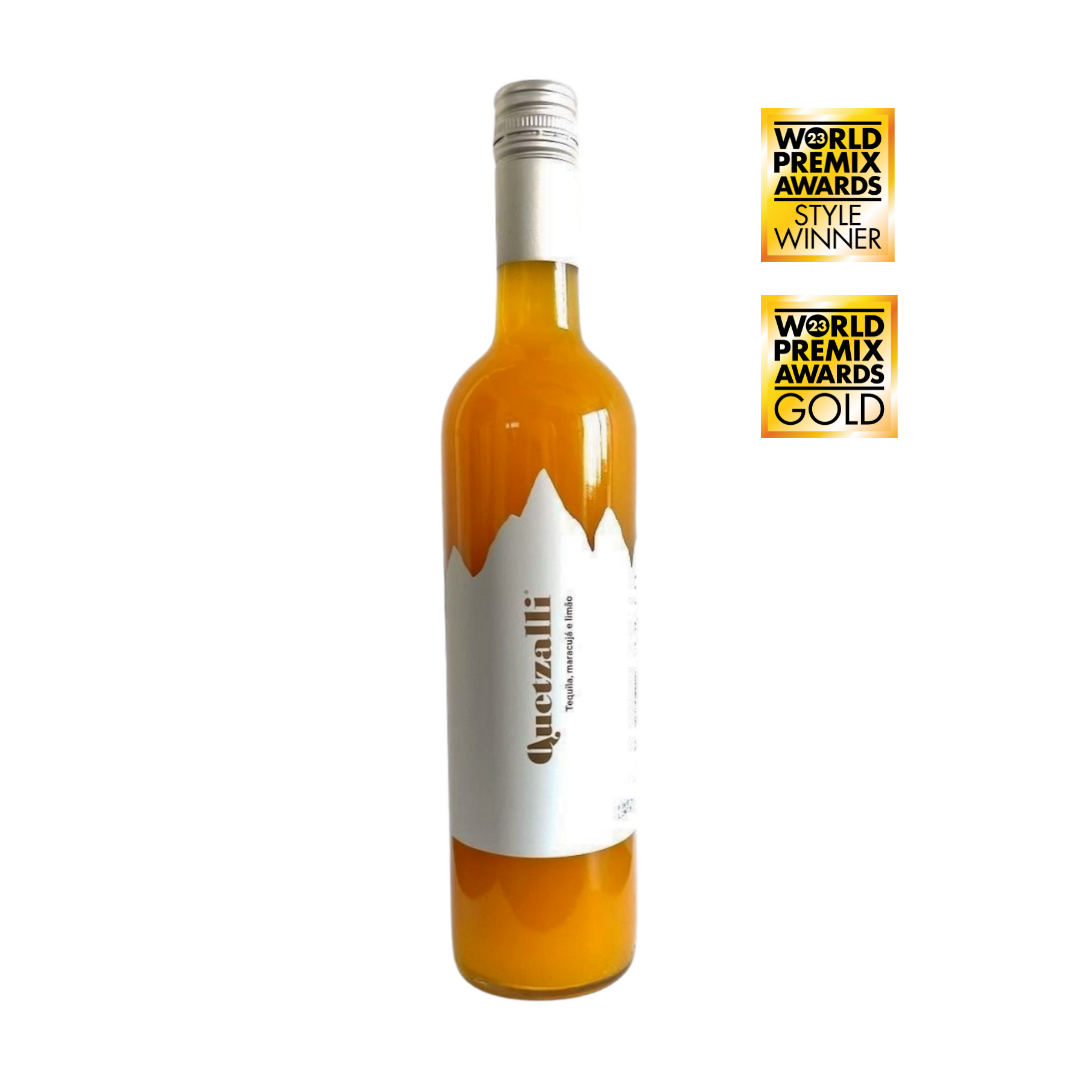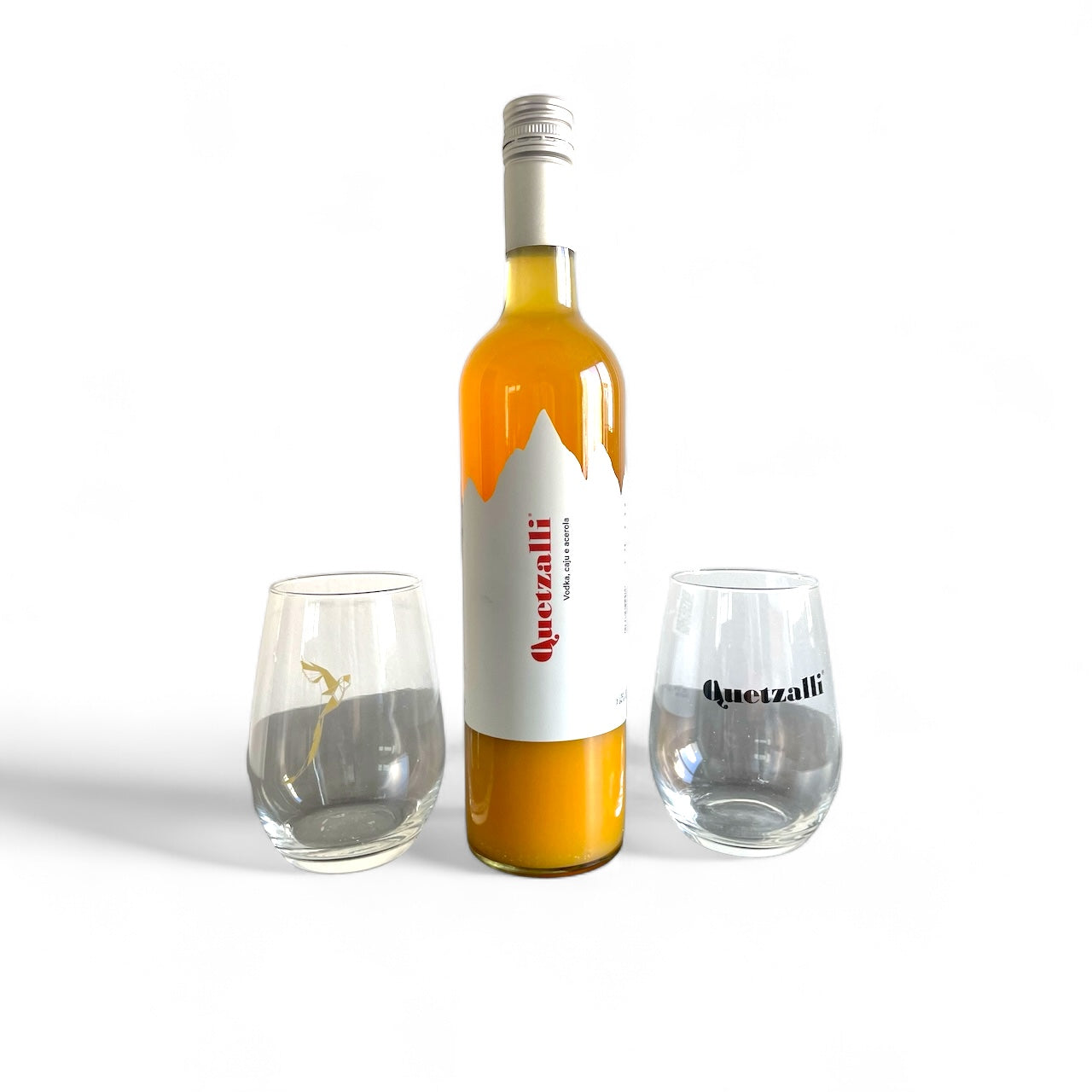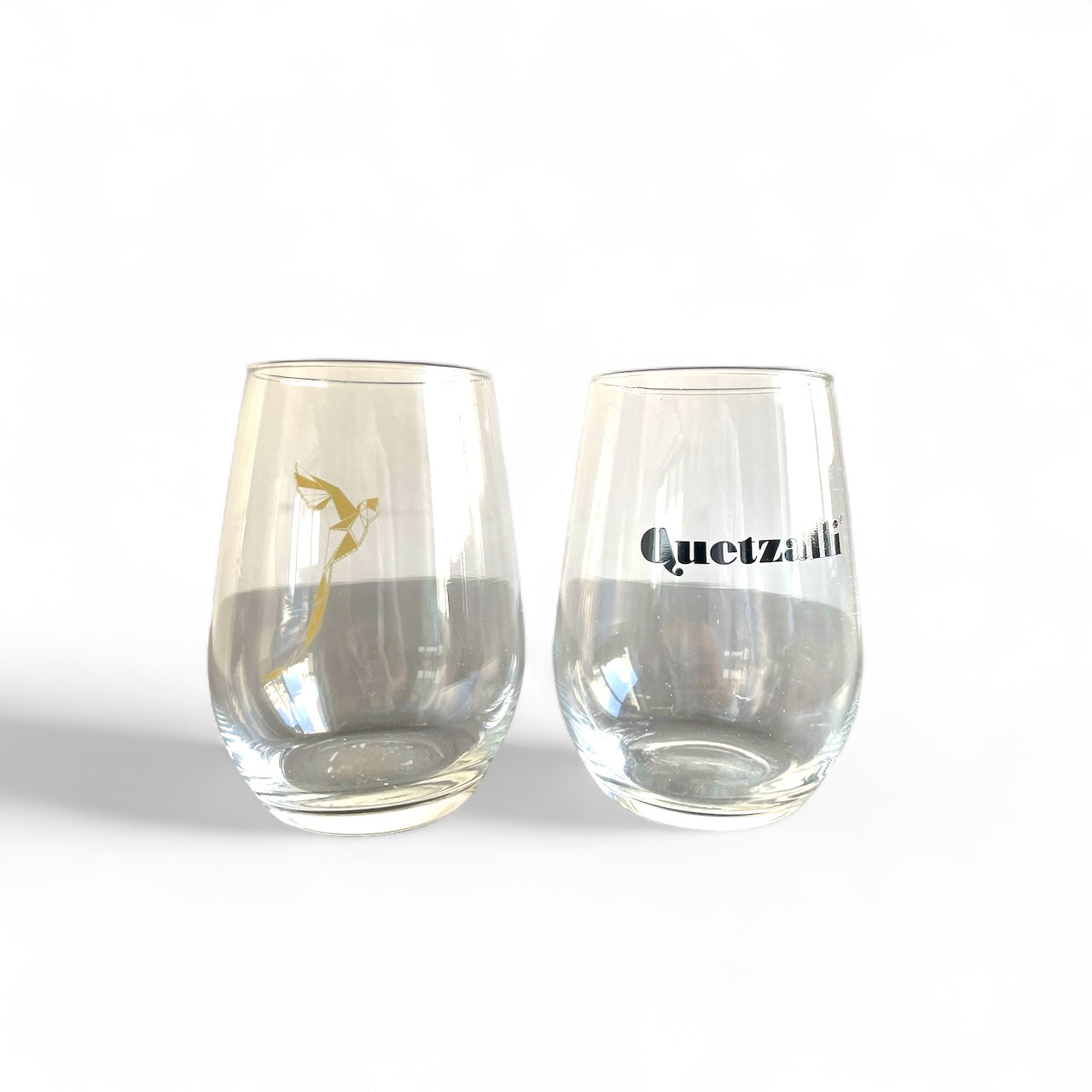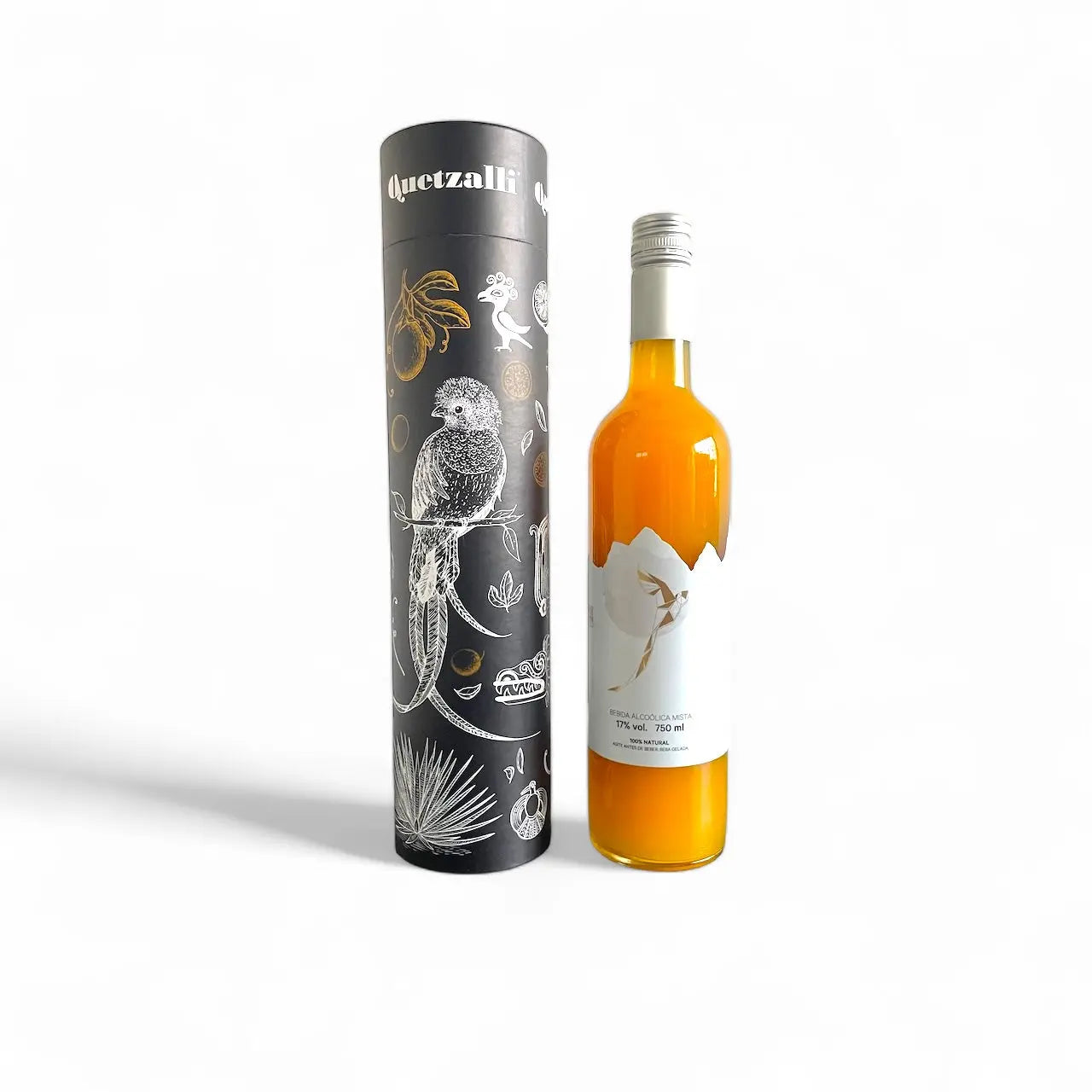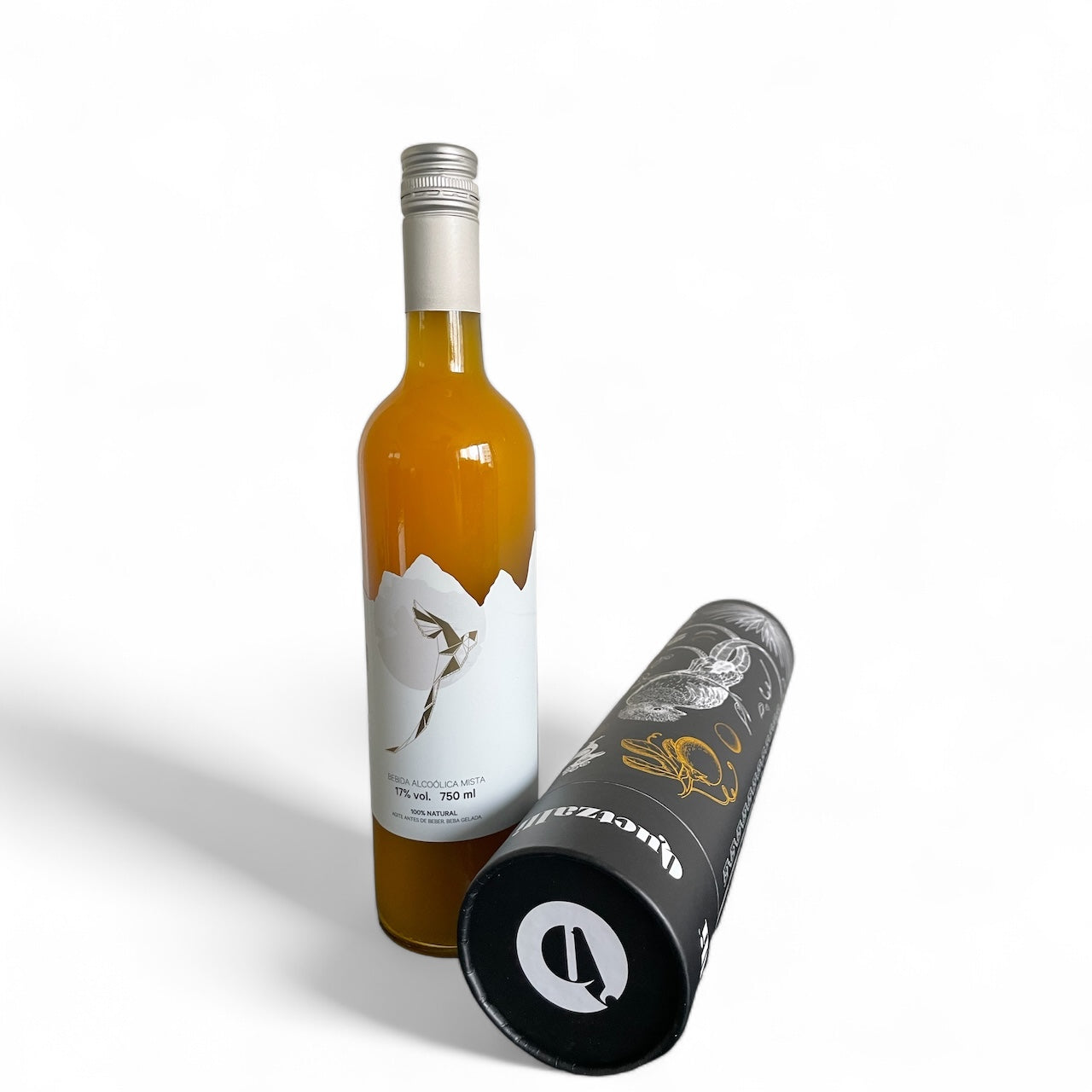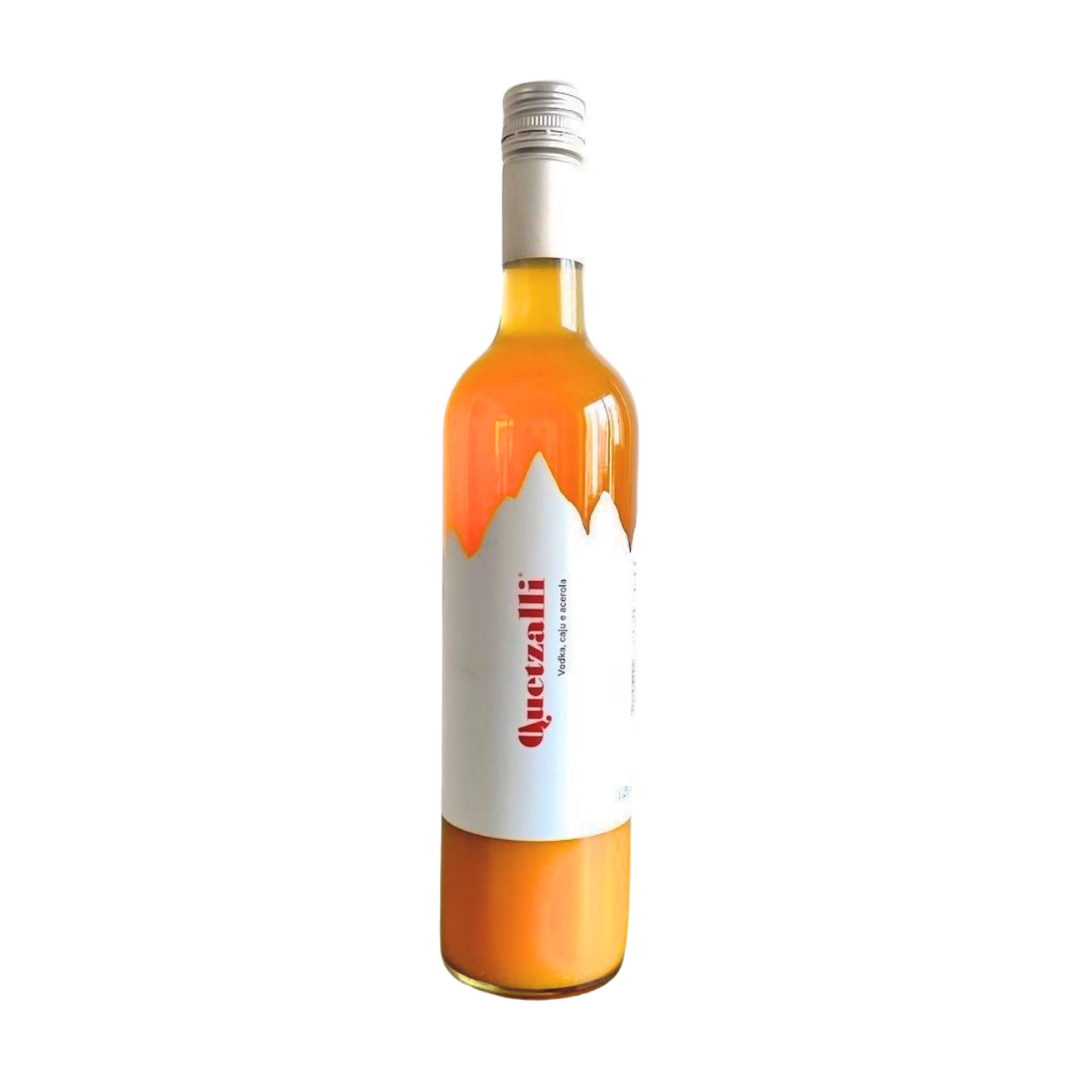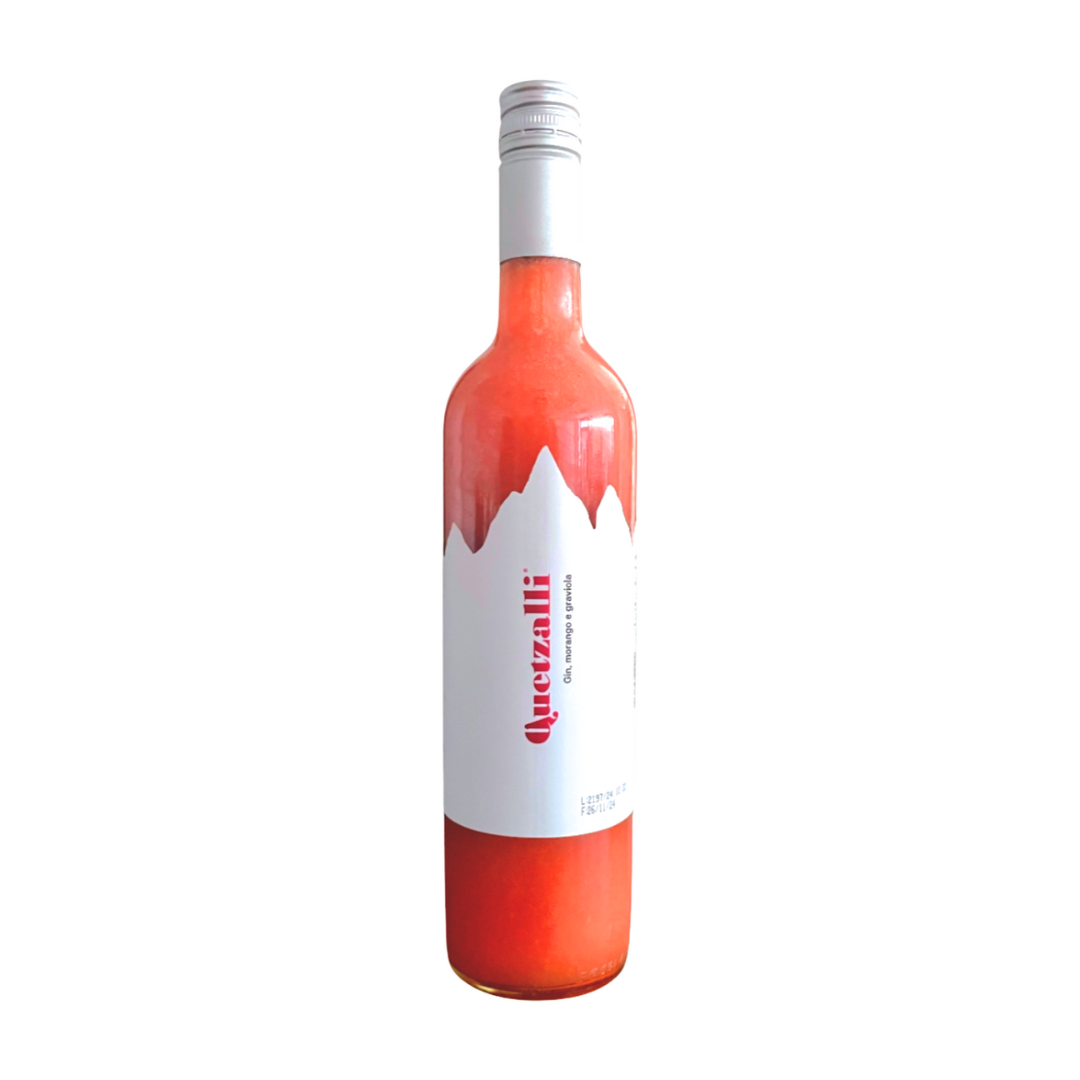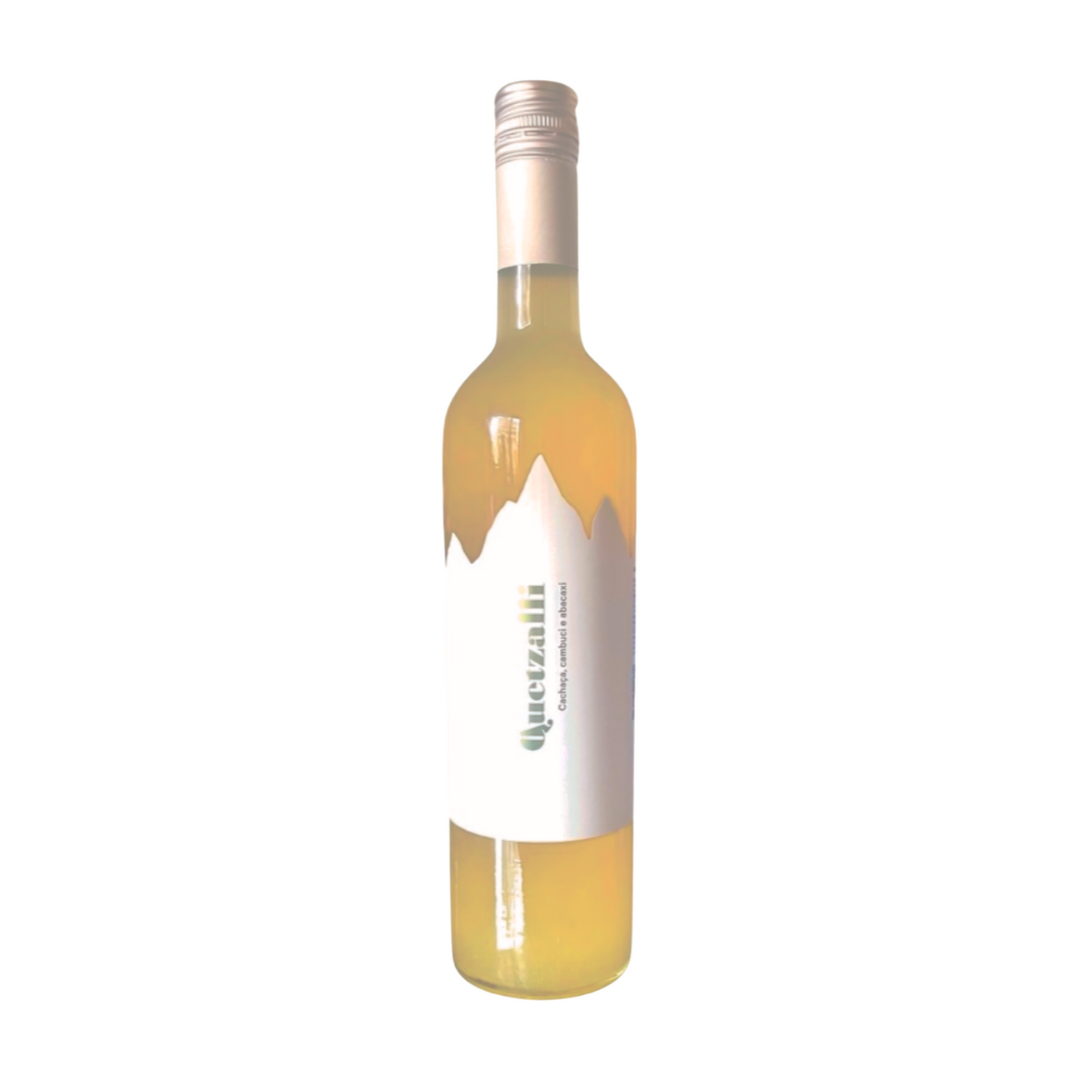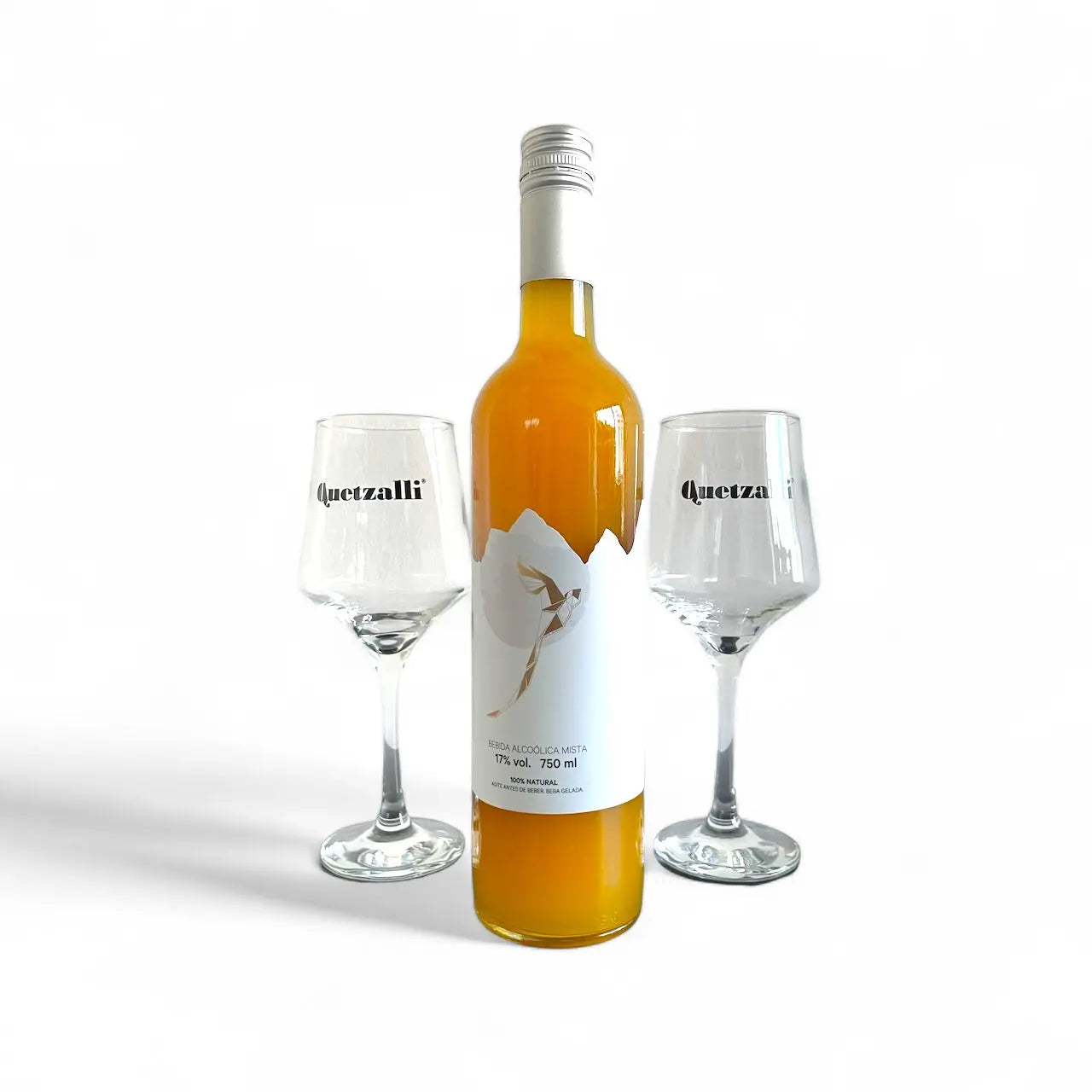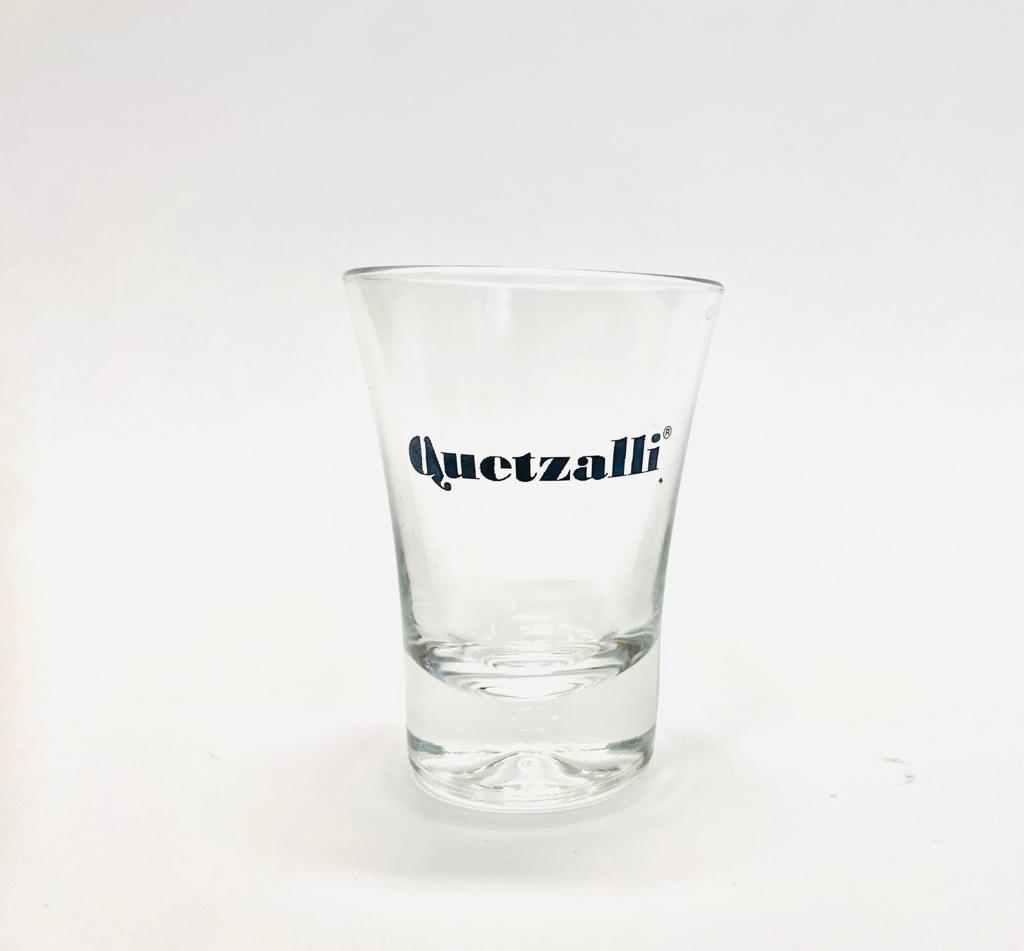Mezcal is one of Mexico's most authentic and traditional spirits. Produced from agave, using artisanal techniques dating back centuries, it offers a unique sensory experience—more intense, smoky, and rustic than tequila. But if you've ever tried to find a bottle of mezcal in Brazil, you've probably noticed: it's rare, expensive, and almost always limited to a few outlets. Why?
This article explores the reasons why mezcal has yet to establish itself in the Brazilian market. From the lack of legal regulation to the bureaucratic complexity of importing alcoholic beverages, it offers concrete suggestions for changing this scenario—and, of course, Quetzalli's positioning as a brand that values origin and supports the authenticity of natural spirits.
1. What is mezcal and why is it special?
Mezcal is a distilled spirit made from various species of agave, not just the tequilana (blue) agave , as is the case with tequila. It can be produced with up to 30 different types of agave, many of which are wild and sustainably farmed. Mezcal's hallmark is its smoky flavor, a result of the cooking process in underground ovens with wood and hot stones.
Unlike the industrial production of many beverages, mezcal maintains centuries-old practices. It's common to see small family producers, called "palenques," producing limited batches using techniques passed down from generation to generation.
2. Designation of origin and international recognition
Mezcal has been protected by a designation of origin (DO) since 1994 [1] . This means that only spirits produced in specific regions of Mexico, using authorized agaves and regulated techniques, can legally be called mezcal. Major regions include Oaxaca, Durango, Guerrero, Puebla, and others.
3. The problem in Brazil: lack of legal provision
Despite international recognition, Brazil still doesn't have an official category for "mezcal" in the IPI Tax Incidence Table (TIPI) or the Harmonized Tax Classification System. What does this mean? There's no legal framework allowing the product to be imported and registered in the country under that name.
As a result, the beverage enters Brazil under the generic classification of "agave spirit" or "alcoholic distillate." This undermines transparency, hinders traceability, and, of course, creates legal uncertainty for those who wish to import, distribute, or resell the beverage responsibly.
4. Complexity of import and taxation
In addition to the lack of a specific category, mezcal faces the same bureaucratic maze as any imported alcoholic beverage:
- Registration in the RADAR/Siscomex system;
- Import license (LI);
- Presentation of certificates of origin and laboratory analysis;
- High taxation: II, IPI, PIS, Cofins and ICMS (which can exceed 60% of the value of the imported product) [2] .
5. The consequences for the Brazilian consumer
Without formal recognition and with high costs, mezcal ends up restricted to a few specialized bars or premium e-commerce sites. Most people are unaware of the product's existence, or have access only to generic brands, with little information about its origin, agave type, or production method.
The result? Brazilian consumers are deprived of one of the world's most authentic beverages—and Mexican producers are missing out on the opportunity to expand their culture to one of Latin America's largest markets.
6. Is there precedent for change?
Yes. In 2018, Brazil and Mexico signed an agreement on the mutual recognition of geographical indications for “cachaça” and “tequila” [3] . It was an important milestone that opened doors for bilateral trade in typical beverages.
The inclusion of mezcal in this type of agreement, or at least its formal incorporation into the MAPA and Anvisa beverage table, would be the first step towards freeing up the path for mezcal to enter Brazil in a safe, legal and valued manner.
7. What Quetzalli stands for
Quetzalli believes in transparency, provenance, and respect for biodiversity. Our passion fruit drink uses real silver tequila with natural fruit , not artificial flavoring—precisely to enhance the true flavor.
While we don't yet use mezcal, we understand its cultural importance and support formal regulation of the drink in Brazil. Our mission is to demonstrate that ready-to-drink drinks can—and should—be made with authenticity and awareness.
8. Market opportunity and consumer education
More than a regulatory issue, the arrival of mezcal in Brazil represents a real opportunity to educate the public about agave beverages , expand the culture of conscious consumption and create deeper connections with what we drink.
Consumers want more than a pretty label: they want to know where what they're drinking comes from. And in this regard, mezcal has much to teach—and to conquer.
📚 Bibliographic References
- Mezcal Regulatory Council – crm.org.mx
- Federal Revenue Service – gov.br/receitafederal
- Ministry of Agriculture – gov.br/agricultura
- ComexStat Portal – Brazilian alcoholic beverage import statistics
- Interviews with importers and distributors at beverage fairs (Apas Show, 2024)


